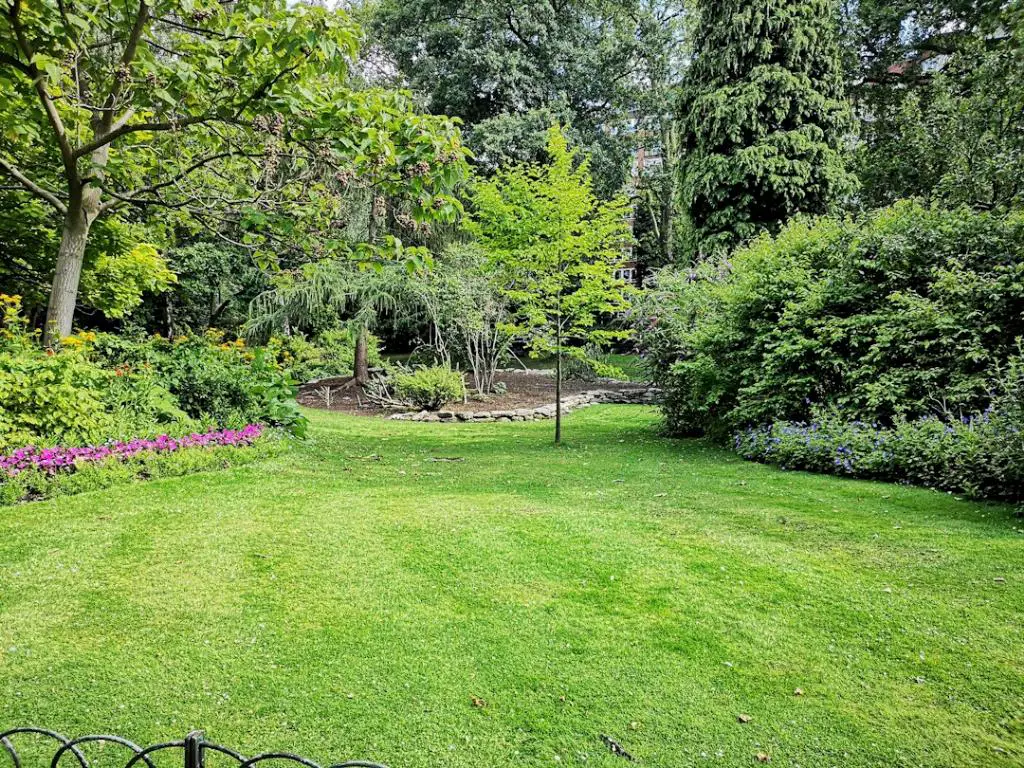One common issue that many homeowners face is dealing with clover invading their lawn. The presence of clover not only affects the aesthetics of your yard but can also outcompete your grass, leading to an uneven and unsightly lawn. If you’re looking for ways to effectively control and eliminate clover from your lawn, here are some tried and tested methods that you can consider.
1. Understanding the Nature of Clover
Clover is a tough and persistent weed that thrives in nitrogen-deficient soil. The presence of clover often indicates that your lawn may be lacking in nitrogen, which is essential for the growth of healthy grass. By addressing the underlying issue of nutrient deficiency, you can create an environment that is less hospitable to clover growth.
2. Applying a High Nitrogen Fertilizer
One effective method for controlling clover in your lawn is to apply a high nitrogen fertilizer to the affected area. Nitrogen is a key nutrient that promotes the growth of grass while inhibiting the growth of weeds like clover. By providing your lawn with the right balance of nutrients, you can encourage the grass to outcompete the clover, leading to a healthier and greener lawn.
3. Timing and Application
When applying a high nitrogen fertilizer to control clover, it’s important to consider the timing and application method. Depending on your location and the type of grass in your lawn, you’ll need to determine the best time to apply the fertilizer. Make sure to water the area thoroughly after application to ensure that the nutrients penetrate the soil and reach the grass roots.
4. Consider Your Grass Type
If you have warm-season grass that is getting ready to go dormant, it’s best to avoid applying a high nitrogen fertilizer to control clover. Dormant grass may not be able to utilize the nutrients effectively, potentially leading to nutrient runoff and environmental issues. Instead, focus on promoting the health of your grass during its active growing season.
5. Manual Removal of Clover
In addition to applying fertilizer, you can also opt for manual removal of clover from your lawn. This can be a time-consuming process but can be effective, especially for smaller patches of clover. Make sure to pull the clover from the roots to prevent regrowth and regularly inspect your lawn for any new clover growth.
6. Maintaining a Healthy Lawn
One of the best ways to prevent clover from taking over your lawn is to maintain a healthy and well-nourished grass. Regularly mowing, watering, and fertilizing your lawn can help promote the growth of healthy grass, making it more resilient against weeds like clover. Consider aerating your lawn to improve soil compaction and promote healthy root growth.
7. Use of Herbicides
If manual removal and fertilization are not yielding the desired results, you can consider using herbicides to control clover in your lawn. There are selective herbicides available that target broadleaf weeds like clover while sparing your grass. Be sure to read and follow the instructions carefully when using herbicides to prevent damage to your lawn.
8. Natural Remedies
For those looking for natural and chemical-free methods to control clover, there are several remedies that you can try. Boiling water, vinegar, or a solution of soap and water can be effective in killing clover plants. However, keep in mind that these methods may also affect your grass, so use them with caution.
9. Regular Lawn Maintenance
Regular lawn maintenance practices, such as overseeding, dethatching, and proper irrigation, can go a long way in preventing the growth of clover and other weeds in your lawn. By creating an environment that is conducive to healthy grass growth, you can minimize the risk of clover invasion and enjoy a lush and vibrant lawn.
10. Seek Professional Help
If you’re struggling to control clover in your lawn despite trying various methods, consider seeking the help of a professional lawn care service. A knowledgeable lawn care expert can assess the condition of your lawn, identify the underlying issues contributing to clover growth, and recommend tailored solutions to restore the health and beauty of your lawn.
11. Patience and Persistence
Eliminating clover from your lawn requires patience and persistence. It may take time for the effects of fertilization, manual removal, or herbicide application to become apparent. Stay consistent with your lawn care efforts and monitor the progress regularly to ensure that your lawn remains free from clover and other weeds.

12. Enjoy a Clover-Free Lawn
By following the tips and methods outlined above, you can effectively control and eliminate clover from your lawn, leading to a healthier and more attractive outdoor space. Remember that maintaining a healthy lawn is an ongoing process that requires attention and care, but the rewards of a lush, clover-free lawn are well worth the effort.
